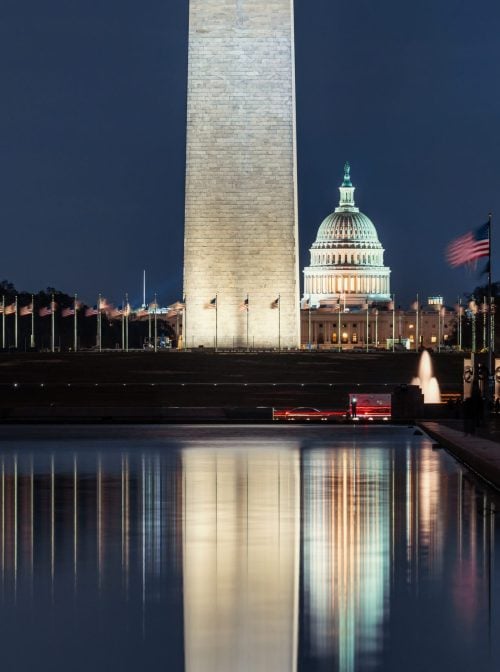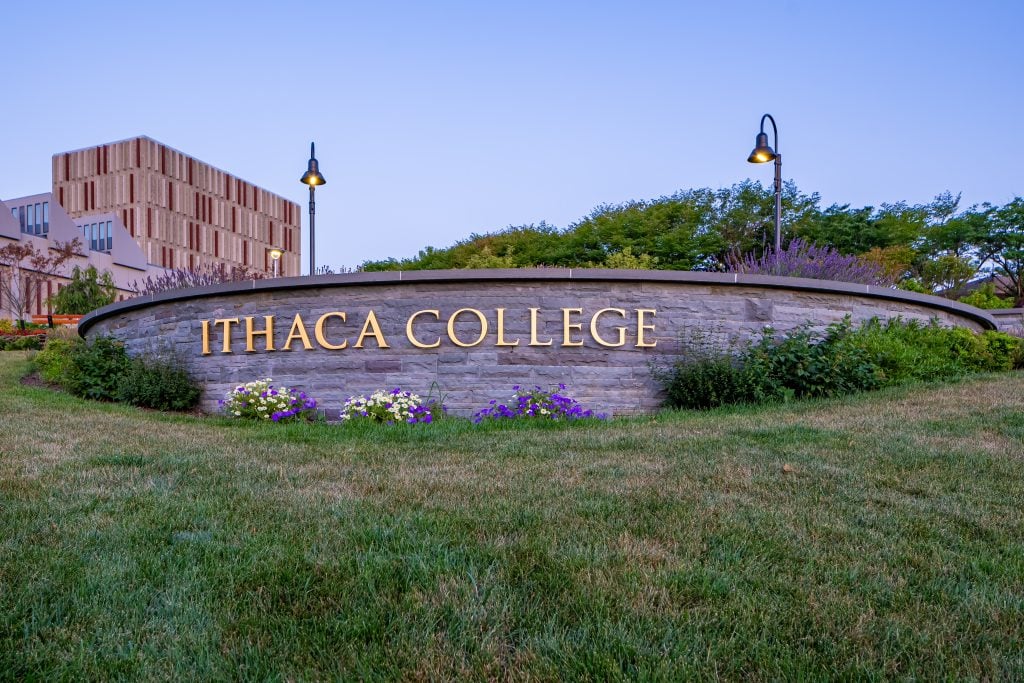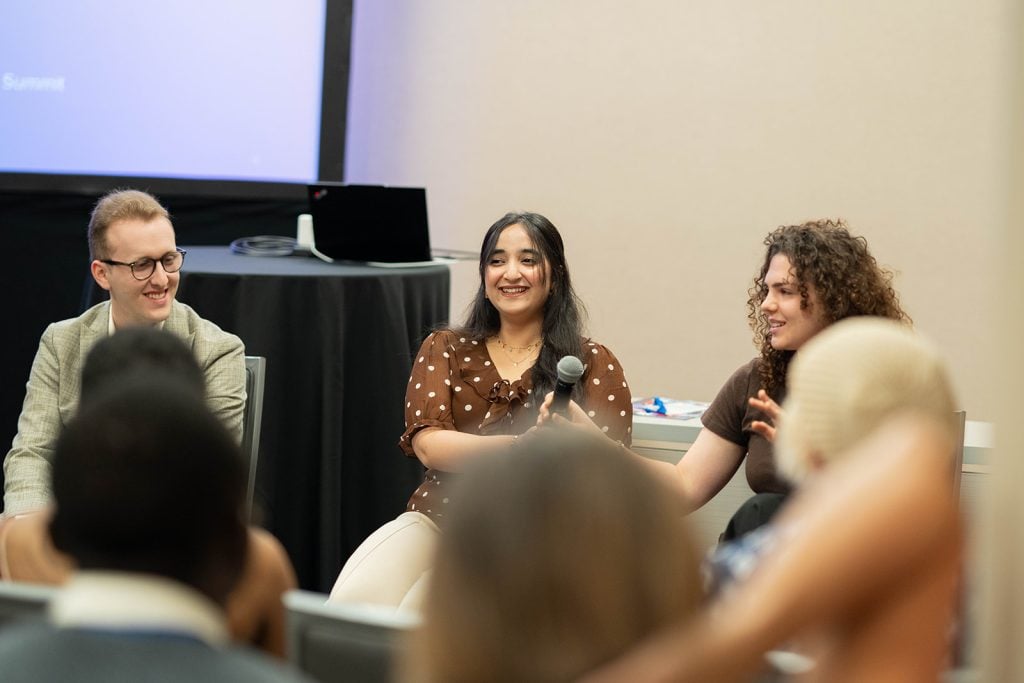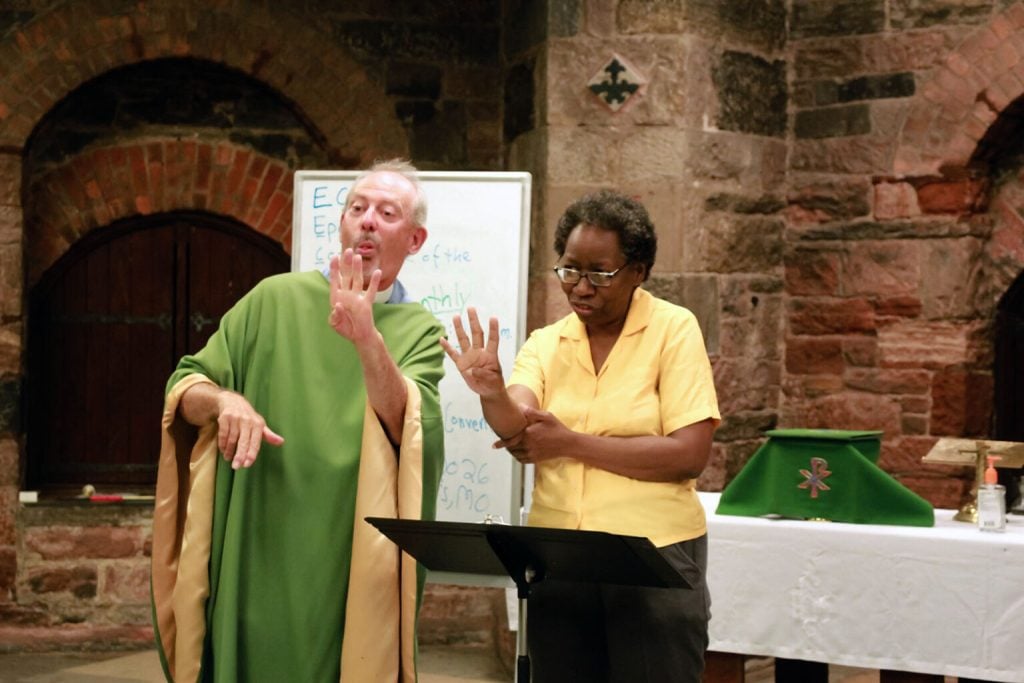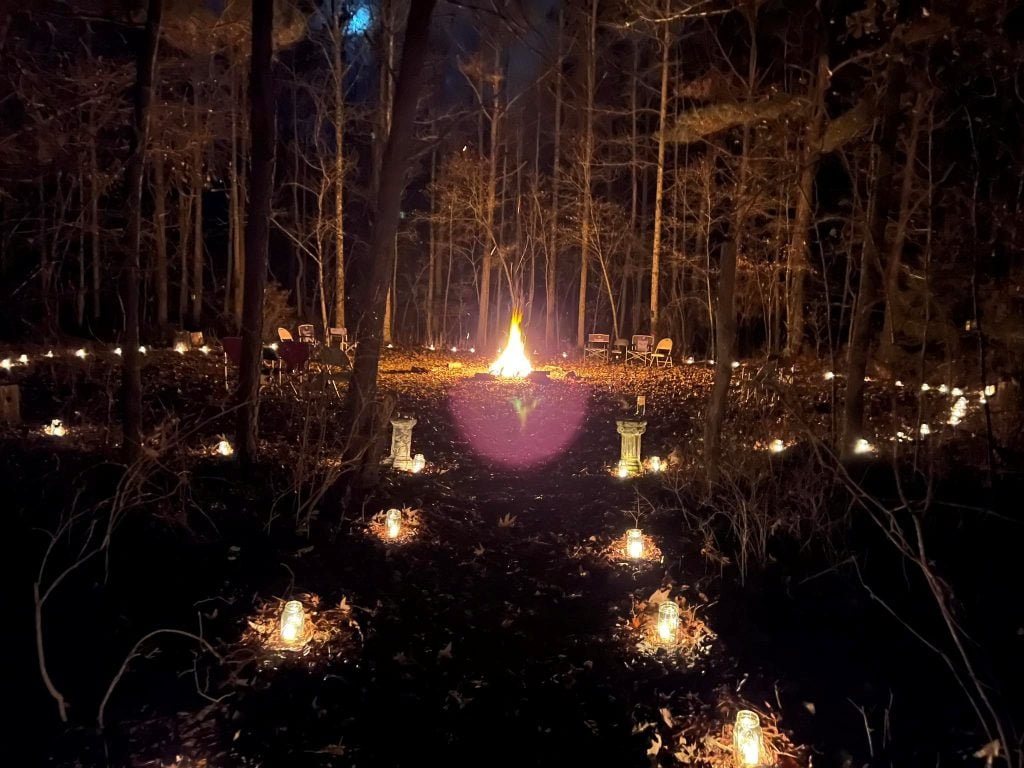While I was in Washington, DC last week, I had the opportunity to reflect on some foundations and first principles of our country. Let’s be honest – it’s pretty easy when you’re surrounded by monuments and museums. But a story from my old neighborhood, near Georgetown, weighed heavily on my mind as a testament to not only the past but a call, of sorts, to bring into the present moment.
Hidden amongst the affluence and history of one of America’s founding neighborhoods is a plaque marking the home of Mahmoud Yarrow (or, Yarrow Mamout) who died there in 1830.
A Fulani Muslim, possibly from modern-day Senegal or Guinea, in 1752, a teenage Yarrow and his sister were enslaved and forcibly taken to the American colonies on a ship called, Elijah.
(It’s a horrifically ironic matter that a slave ship that was used to steal young girls and boys from their homes in West Africa was named after the Prophet Elijah who, according to Jewish and Christian Scriptures, is remembered as a towering figure who stood against the corruption and oppressive reign of King Ahab and Queen Jezebel – a story for another day.)
As a man who had to endure hate and gross inequality fought to grasp his “first freedoms” of the nascent American republic, as found in the first amendment of the US Constitution, while not, as a Black man, being fully protected by them.
He set about to build a life, a business and a community – and he did.
One could argue that Yarrow took pride in his identity and knew that he himself had contributions to make for his family and the greater community around him.
Core to any notion of an American identity is the promise of five core freedoms, enshrined in the First Amendment of the US Constitution:
- Freedom of Religion
- Freedom of Speech
- Freedom of the Press
- Freedom of Assembly
- Freedom to Petition the Government
Yarrow upheld his faith and trusted pieces of community that brought peace and value, giving him the space and determination to attain America’s promises inscribed in these constitutional freedoms ––and was able to build.
Word got out of this happy, successful “Mohammedan” (what many of his White, Christian American neighbors referenced as his Muslim identity), that in 1819 the famed US Presidential portrait artist Charles Wilson Peale sought him out to paint his portrait as well.
Peale wrote in his diary that, “Yarrow has been noted for sobriety and cheerful conduct. He professes to be a Mahometan and is often seen and heard in the streets singing praises to God.”
Peale’s painting of Yarrow hangs today in the world-renowned Philadelphia Museum of Art.
(Yarrow’s story in the recent PBS series “American Muslims”)
Now in 2025, it seems like so much has seemingly changed overnight. And yet, if we look around at what we hold to be good, true and beautiful, nothing has changed.
Well into our way in this new year (and new Presidential Administration), I’ve been reflecting on some first principles I carry with me, both as a person of faith, and as a neighbor and US citizen:
- We hold these truths to be self-evident…
- You shall love the Lord your God with all your heart, soul and strength
- Love your neighbor as yourself
- With malice toward none with charity for all with firmness in the right as God gives us to see the right
Maybe you have your own similar principles or totems.
These words from sacred scriptures and near sacred civic declarations help serve as touchstones to root me down in times when the tempest waves of life swell.
And indeed, swell they have in recent days.
Let’s be honest we’re flush with significant change and new policy decisions but also rumors, confusion and even more polarization as a new Presidential administration commences.
We’re facing a lot, and we honestly need to seek solutions to the big problems that vex us, together.
Elections may have consequential outcomes, but Democracy is not a zero-sum game.
Rather, our diverse democracy is more akin to a shared table, where decisions can be made and resources marshalled together, one another, to seek the greatest good.
Of course, there will be a big policy debate on everything from energy and taxation, how to deal with natural disasters, kitchen table concerns like the price of groceries, as well as big global concerns close to so many of us around: foreign aid, war, hostages and ceasefires.
What’s deeply concerning about this moment, however, is the whiplash activity and even confusing information that affects each of our daily lives.
And for those of us in Chicago, concerns that our churches and even our public elementary schools may become theaters of federal raids and immigration enforcement, let alone how a neighbor or loved one relying on Medicaid may get access to their life saving prescriptions.
What does a person of faith – or no particular faith – do in times like these?
I keep coming back to one of the ways we talk about such things at Interfaith America and how we root down in our shared work:
- Diversity is a treasure
- Identity is a source of pride
- Cooperation is better than division
- Faith is a bridge.
- Everyone is a contributor
While some look to pit one group against the other or erase the rich diversity of our shared history, we celebrate it and see our identities and others as matters of recognizing one another’s human dignity.
With so much polarization in our communities, we look for ways to cooperate across such stark differences – seeing our faith as a bridge to others while not looking to minimize our differences but seeking a greater good.
These are not Republican or Democratic values, nor are they limited only to those who profess certain religious convictions. They’re concerns for all of us as Americans.
So, the question remains, rooted in our rich, diverse identities and convictions, how might we bridge our divides seeking common cause, one to another?
Adam Nicholas Phillips is the Chief Strategy Officer & Chief of Staff at Interfaith America.
